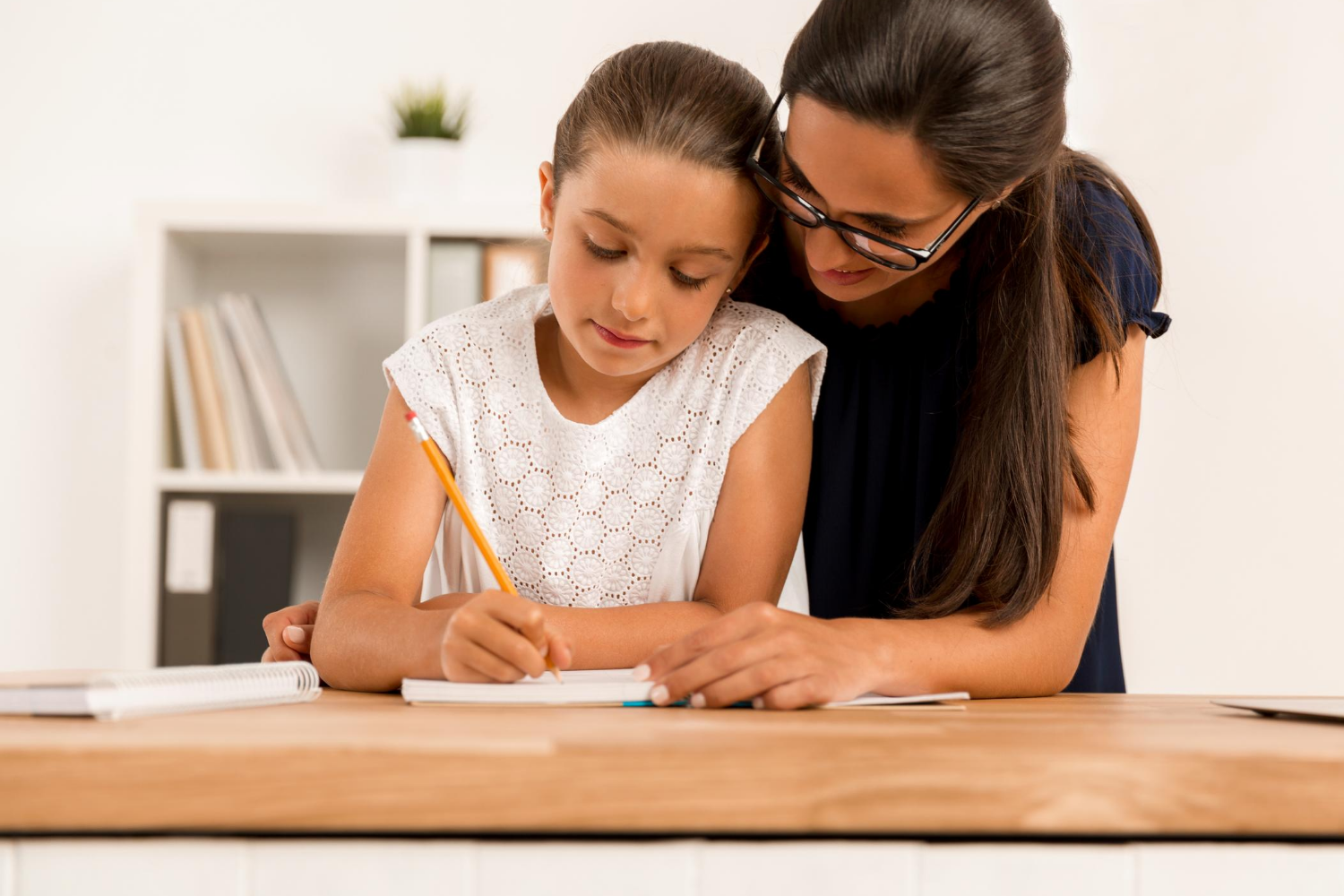4 Keys to Raise a Decent Child in Indecent Times
/Societal influences can make it easier or more difficult to raise a decent child. In today’s climate, it’s not always that easy, but there are some things you can do to ensure a better outcome.
When our children are young, we want to train them to do the right thing, so they develop the right habits in childhood and learn to make the right choices.
“Always do what is right. It will gratify half of mankind and astound the other.”
It begins with little things such as learning to pick up after themselves, doing chores before they play, being considerate of other people's needs, and having good manners.
Role Models
Good role models in a child’s life are essential too. If the parents treat each other courteously, if they are respectful to their family and friends, if they are honest and helpful with others, their children are more likely to follow suit.
Discipline
There is also a training through discipline that has to occur, too, as no child is born perfect no matter how good his or her role models may be.
Good parents can produce bad children; there are no guarantees that children turn out well.
You have a higher chance of having them grow up to be good people, however, if you understand how to train them in the ways of respect and obedience.
Public School
Public school can undo your hard work, though, because rudeness and crudeness are now the norms, and the teachers have very little authority when it comes to correcting the children's behavior.
This is telling in and of itself. Children sent to school for eight hours a day where the teachers are not allowed to discipline them are at a disadvantage to children who aren't.
In a home or private schools, adults have authority over the children and can discipline them as needed. The right training in childhood is essential to raising a well-mannered, happy child.
Spare the rod, spoil the child, was an old adage that adults used to repeat before the 60's cultural revolution when sound parenting principles were abandoned in favor of unproven new theories.
Modern Inconveniences
Today, we can add to the problem modern inconveniences such as vulgar films, ribald music, video games, social media, and inappropriate television programs, and you have a recipe for disappointment with your children.
Negative influences will unravel any good work you've done to raise your children well, which is why we need to be diligent with the environments we let influence our children.
The Ancient Greeks knew that negative influences in a child's life would help mold their character, and any educator since who has studied the classics or has an ounce of common sense, understands this too.
The rest of society has forgotten it, though, making us negligent in our duty to raise our children according to time-tested principles that work.
A Dishonest Trend
Ninety-seven percent of schoolchildren are dishonest according to statistics gathered by Vickie Abeles, who produced the documentary, Race to Nowhere.
Even without the statistics, it doesn't take a brain surgeon to figure out that we are no longer an honest society.
My son recently took a statistics exam online only to receive an email from the teacher the following day, announcing that it was clear some of the students had cheated on the exam. The teacher had tracked their activity to see if they changed tabs to find the answers during the exam.
My son said the exam was easy, too, making it an even more pathetic situation.
College students cheating on an easy exam?
“I’m not upset that you lied to me, I’m upset that from now on I can’t believe you.”
What happened to the concept of hard work and honesty? In this case, they didn't even have to study hard, but they still felt the need to cheat.
Cheating is a habit for many children today.
When the lines between honesty and dishonesty become so blurred that cheating on exams becomes all too common, we have a serious problem. Cheaters are cheaters. Liars are liars. School doesn't end; real life begin, and these students suddenly turn honest again.
They have become dishonest people. Their characters have formed this way because they are raised in a system that doesn't uphold the values of truth, goodness, and beauty; once so honored in the West.
In a Nutshell
Raise your children well, keep them out of public school, screen multi-media use when they are young (or eliminate it!), avoid inappropriate music, and surround them with natural beauty and good people.
If you do, you'll have accomplished something that is becoming more and more uncommon today; you’ll have raised decent children. That is, children who grow up with the ability to discern truth from falsehood, beauty from ugliness, and good from bad, and they’ll choose right more times than wrong.
Don’t miss our free download, Ten Books Every Well-Educated Child Should Read.
Raise an intelligent and decent child by joining the Smart Homeschooler Academy summer program and learn how to give your child an excellent education at home.
Join our waiting list for Elizabeth’s online course: Raise Your Child Well to Live a Life He Loves.
How to Raise a More Intelligent Child and an Excellent Reader—a free guide and book list with over 80+ carefully chosen titles.
Elizabeth Y. Hanson is an educator, veteran homeschooler and a Love and Leadership certified parenting coach with 17 years experience working in children’s education.
Using her unusual skill set, she has developed a comprehensive and unique understanding of how to raise and educate a child, and she devotes her time to help parents get it right.
Disclaimer: This is not a politically-correct blog.


























































































